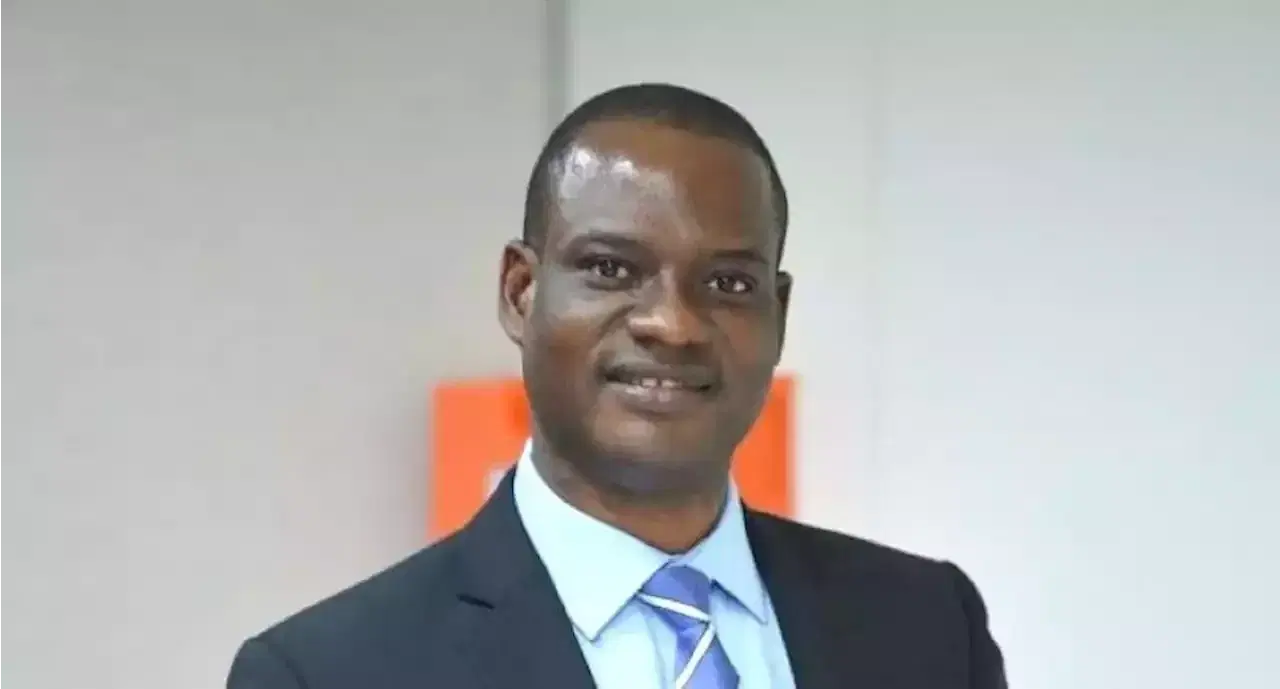
The Chairman of Nigeria’s Presidential Fiscal Policy and Tax Reforms Committee, Taiwo Oyedele, has stated that over 90 percent of individuals operating within the informal economy lack the financial capacity to pay taxes, challenging a common belief that the sector holds vast untapped government revenue.
Oyedele made the remarks on Friday during an interactive session with journalists, influencers, and policy analysts, where he explained the logic behind recent tax reforms introduced by the administration of President Bola Tinubu.
According to him, many informal workers are simply trying to survive, not generate taxable profits.
“Most people in the informal sector are just struggling to get by. Whether it’s a roadside corn seller, a vulcaniser, or someone pushing a wheelbarrow, even if they have customers all day, they’re still living in poverty,” he said.
Oyedele emphasized that attempting to tax such individuals is both impractical and unfair, arguing that the focus should be on growing the economy, not draining those barely staying afloat.
“We shouldn’t be taxing seeds. We should wait for them to bear fruit,” he added, echoing President Tinubu’s stance that poverty and capital should not be taxed.
The committee chair also blamed Nigeria’s fragmented tax system which includes a wide array of small, burdensome levies on the misguided pursuit of revenue from those who cannot truly afford to contribute.
“That’s how we’ve ended up with multiple taxes, because authorities keep chasing people in the informal sector, assuming that’s where the money is,” Oyedele said.
New Tax Laws Shift Focus, Tighten Accountability
Speaking further on the state of tax administration in the country, Oyedele noted that the Federal Inland Revenue Service (FIRS) collected over ₦20 trillion in tax revenue last year and is expected to surpass that figure in the current fiscal year.
However, he stressed that the new tax laws go beyond revenue collection. They introduce tighter accountability mechanisms, stronger governance, and greater oversight.
“Under these reforms, there are now personal liabilities for officials who fail to carry out their duties properly. We’ve also mandated public reporting, so the process is far more transparent,” he explained.
The laws also close loopholes by ensuring that all government tax revenue is deposited directly into the federation account, eliminating off-book collections previously handled by FIRS or other agencies.
Crackdown on Corruption and Evasion
Oyedele admitted that the old system allowed tax officers, consultants, and even taxpayers to engage in unethical practices, but said the new legislation leaves far less room for such misconduct.
“Tax evasion has become a lot more expensive. Consultants are now being tracked, and even tax officers are under tighter scrutiny. This is no longer business as usual,” he said.
One of the key additions to the law is the mandatory registration and monitoring of tax agents, ensuring that all professionals in the system are held to the same standards.
Reforms Targeting Sustainable Growth
The overarching message from the fiscal policy chief is that Nigeria’s tax reforms are designed to protect the vulnerable, while holding the real revenue-generating sectors accountable.
By relieving pressure on poor informal workers and enforcing compliance where the financial capacity exists, Oyedele said the reforms aim to build a fairer, more efficient tax system that contributes to sustainable national development.



